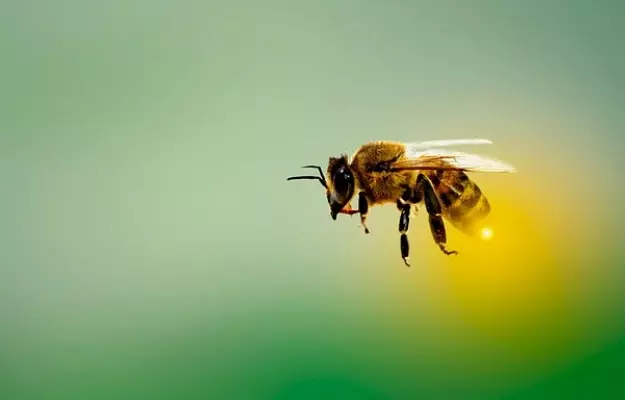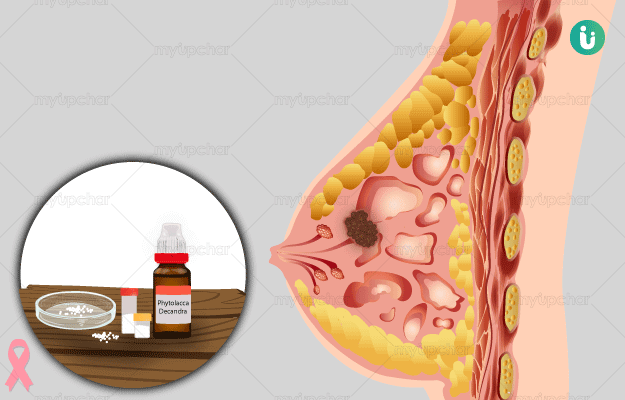Bee venom has been highly regarded for its multiple benefits against many human ailments, and if a new research study is anything to go by, it can form the basis of treatment for breast cancer as well.
Bee venom from various species found all over the world has often been repurposed because of several medicinal properties which help in the reduction of inflammation in the body, to more complicated illnesses such as Parkinson's disease, Alzheimer's disease as well as ALS (amyotrophic lateral sclerosis). Besides the use of bee venom to treat these afflictions, many types of cancers as well as HIV have also been treated with alternative medicinal methods that involve its use.
Read more: Skin cancer
And now, a new study published in the journal Nature Precision Oncology has found that the venom from honeybees can be an effective agent in killing off breast cancer cells. Breast cancer is the most common form of cancer among women around the world as one in four women diagnosed with cancer are found to have this form of the disease.
Melittin, which forms a major part of the venom produced by honeybees, is responsible for the pain that one feels when stung by a bee, and contains various peptides and enzymes in it. Researchers studying this vital component of the venom have found that it was able reduce the growth and size of the cancer in a laboratory setting.
Melittin, the major compound found in honeybee venom, contains as many as 26 different amino acids and is known for its antiviral, antibacterial and anticancer properties ever since the first studies were conducted in the 1950s.













